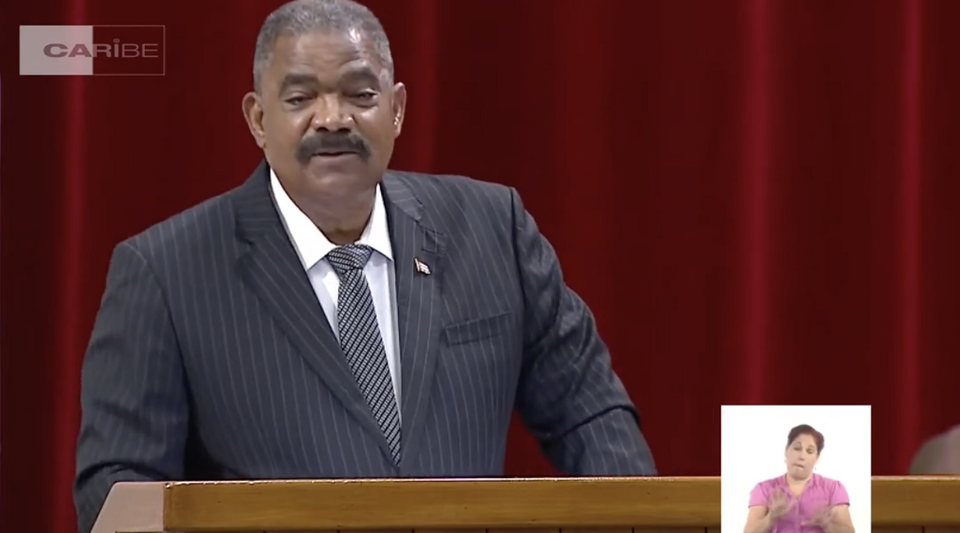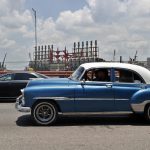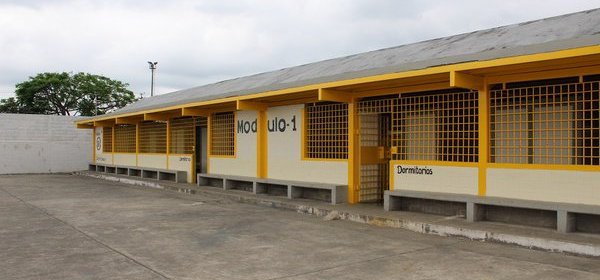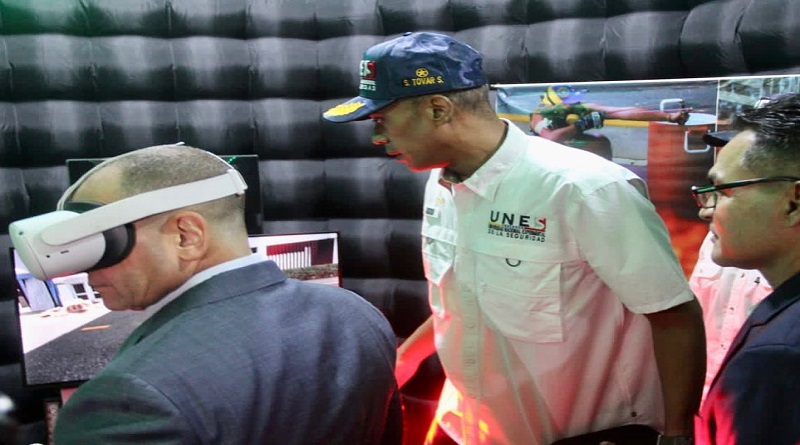The long intervention this Thursday of the president of the People’s Supreme Court, Rubén Remigio Ferro, before the National Assembly of People’s Power, to present the Military Penal Code Law It had its most outstanding moment in the allegation made by the official of the death penalty on the Island.
Defending that the new law reduces the crimes for which a person can be punished with capital punishment, Ferro recalled that a “death penalty” has not been applied for twenty years, since “those events of the hijacking of the boat and all that situation that occurred.”
With these words, the president of the Supreme Court referred to the robbery in 2003, by a group of mostly young people, of the boat that made the journey between Regla and Old Havana with the goal of reaching the United States. The boat soon ran out of fuel and ten people were arrested and prosecuted. Among them, after nine days, after a summary trial, Lorenzo Copello, Bárbaro Sevilla and Jorge Martínez were shot.
“There is no official statement about it, but all this time that has elapsed is a kind of undeclared moratorium,” Ferro said regarding the death penalty. “That does not mean that it does not exist and it is in several criminal figures, the most serious,” he specified, giving as an example the “crime of terrorism”, precisely for which the kidnappers of the Regla boat were convicted, despite the fact that they only wanted to flee the Island.
“We have to have it there as an element of defense of our society, as a defense of our State, of our Revolution, in the face of the very serious threats in which we permanently live”
The president of the Supreme Court justified: “We have to have it there as an element of defense of our society, as a defense of our State, of our Revolution, in the face of the very serious threats in which we permanently live. And also for citizen tranquility.”
After Ferro’s appearance, as was foreseeable, the deputies approved the Military Penal Code Law, which updates the Military Offenses Act 1979.
The objective, according to the Government, was “to consolidate legal security, the protection of citizen rights, institutionality, military and social discipline, and internal order, also in accordance with the Economic and Social Policy Guidelines of the Party and the Revolution.”
Among the novelties of the standard highlighted by the official press it is found that it eliminates certain criminal types already included in the new Penal Code, approved last yearand that, according to the authorities, “it conforms to the content of the international treaties in force for the Republic of Cuba, such as the United Nations Convention on the Law of the Sea, the Geneva Conventions and its two additional protocols.”
The law presumes to establish “differentiated criminal treatment for those over 16 and under 18, to comply with the precepts of the Convention on the Rights of the Child.” However, it retains prison sentences for young people who evade what is now called active military service (SMA) from the previous law. If the 1979 rule could punish those who do not comply with this obligation from one to five years in prison, now it can be between two and five.
The abuse of SMA cadets in tasks for which they are not prepared had its most tragic episode in the disaster of the Supertanqueros de Matanzas, where several of them lost their lives in the impossible tasks of extinguishing the fire. Last week, another fire, this time in Manzanillo (Granma), caused injuries to some recruits.
This newsroom has also received testimonies of the conditions in which young Cubans are recruited for what the regime considers “an honorable duty” and forced to carry out tasks of loading containers, even repressing protesters.
Reports of deaths from accidents, suicides, and murders among recruits are rarely mentioned in the official Cuban press. However, independent journalists have registered numerous incidents which, in many cases, involve the use of regulation weapons.
________________________
Collaborate with our work:
The team of 14ymedio He is committed to doing serious journalism that reflects the reality of deep Cuba. Thank you for accompanying us on this long road. We invite you to continue supporting us, but this time becoming a member of our newspaper. Together we can continue transforming journalism in Cuba.















